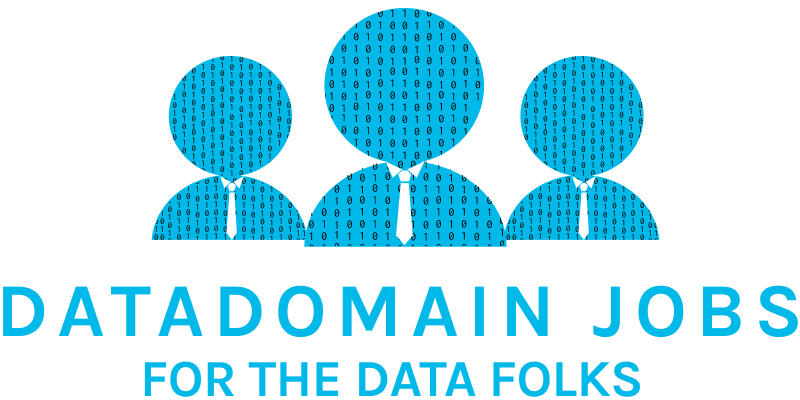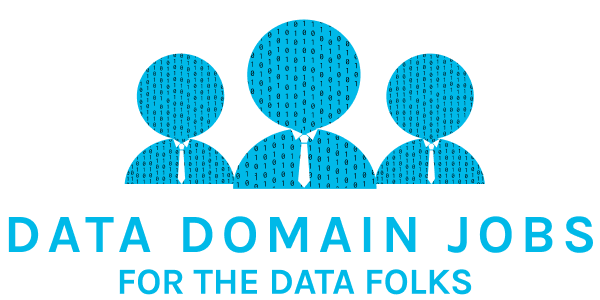What is the role of Data Architect in a company ?

A Data Architect is responsible for designing and managing an organization's data infrastructure.
Data Architect play a crucial role in ensuring that data is stored, managed, and utilized efficiently across the organization.. Here's an overview of what a Data Architect does:
A Data Architect is responsible for designing and managing an organization's data infrastructure. They play a crucial role in ensuring that data is stored, managed, and utilized efficiently and securely across the organization. Here's an overview of what a Data Architect does:
1. Designing Data Architecture
- Data Modelling: They create data models that define how data is stored, accessed, and processed. This includes designing databases, data warehouses, and data lakes that meet the organization's requirements.
- Blueprint Creation: They develop blueprints or frameworks for how data flows through the organization, ensuring that it aligns with business goals and technical constraints.
2. Selecting and Implementing Technology
- Choosing Tools and Platforms: Data Architects evaluate and select the appropriate database management systems, data integration tools, and other technologies that best fit the organization’s needs.
- Implementation Oversight: They oversee the implementation of these technologies, ensuring that they are integrated properly with existing systems and meet performance and scalability requirements.
3. Data Governance and Security
- Establishing Policies: They create data governance policies that define how data is managed, accessed, and secured within the organization.
- Ensuring Compliance: Data Architects ensure that the organization complies with relevant data regulations and standards (e.g., GDPR, HIPAA) and that data is protected against breaches.
4. Optimizing Data Management
- Performance Tuning: They work on optimizing databases and data systems to ensure fast and efficient access to data.
- Data Quality: Data Architects implement practices and tools to maintain high data quality and integrity.
5. Collaboration with Stakeholders
- Working with IT and Business Teams: They collaborate closely with software developers, data analysts, business analysts, and other stakeholders to ensure that data systems support business needs.
- Documentation and Communication: Data Architects document the architecture and communicate it clearly to technical and non-technical stakeholders.
6. Planning for Future Growth
- Scalability Planning: They design data systems with future growth in mind, ensuring that the architecture can scale as the organization’s data needs expand.
- Innovation and Trends: Data Architects stay updated with the latest trends and technologies in data management and continuously improve the data architecture to incorporate new advancements.
7. Troubleshooting and Problem-Solving
- Issue Resolution: They address and solve complex data-related problems that arise in the organization, often working on issues related to data integration, migration, and performance.
In summary, a Data Architect plays a critical role in shaping how data is handled in an organization, ensuring that it is stored securely, accessed efficiently, and used effectively to meet business objectives.
- Share This Job




Write A Comment
No Comments